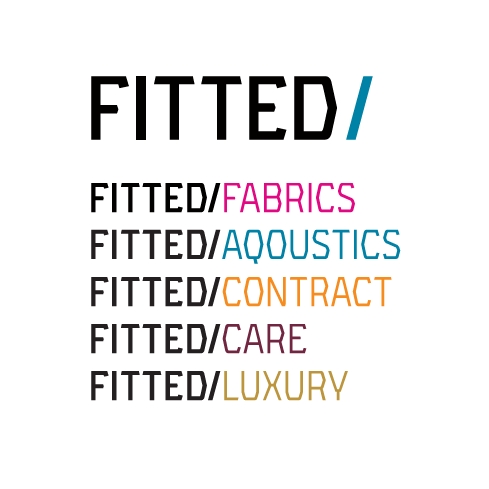The importance of sustainability in textile production
In recent years, the textile industry has faced increasing scrutiny over its environmental and social impacts. As a result, sustainability has become a crucial focus for textile production. Sustainable textile production involves creating fabrics in a way that minimizes environmental harm and promotes ethical labor practices. This approach not only addresses the ecological footprint of the industry but also aligns with the growing consumer demand for eco-friendly and ethically produced products.
Environmental Impact of Traditional Textile Production
Traditional textile production is notorious for its excessive water usage. The dyeing and finishing processes alone consume vast amounts of water, often leading to the depletion of local water resources. This unsustainable practice poses a significant threat to communities and ecosystems, particularly in water-scarce regions.
The use of synthetic dyes and chemicals in textile production contributes to severe environmental pollution. These substances often end up in waterways, causing harm to aquatic life and contaminating drinking water supplies. The impact of chemical pollution extends beyond the immediate environment, affecting human health and biodiversity.
Energy consumption in textile production is another critical concern. The industry relies heavily on fossil fuels, contributing to greenhouse gas emissions and climate change. Transitioning to renewable energy sources and improving energy efficiency are essential steps towards reducing the carbon footprint of textile production.
Benefits of Sustainable Textile Production
Sustainable textile production significantly reduces environmental impact. By utilizing organic and recycled materials, conserving water and energy, and minimizing chemical use, the industry can lower its ecological footprint. These practices help preserve natural resources, protect ecosystems, and mitigate climate change.
Adopting sustainable practices can lead to economic advantages for textile producers. Efficient resource use and waste reduction can lower production costs, while meeting consumer demand for sustainable products can open new market opportunities. Additionally, sustainable practices can enhance brand reputation and customer loyalty.
Sustainability in textile production also encompasses social responsibility. Ethical labor practices ensure fair wages, safe working conditions, and respect for workers' rights. By prioritizing social sustainability, the industry can contribute to improved livelihoods and social equity.
Key Practices in Sustainable Textile Production
One of the fundamental practices in sustainable textile production is the use of organic and recycled materials. Organic fibers, such as organic cotton, are grown without harmful pesticides and fertilizers, reducing environmental impact. Recycled materials, such as polyester made from recycled plastic bottles, help reduce waste and conserve resources.
Implementing water and energy conservation techniques is crucial for sustainable textile production. Technologies such as closed-loop water systems and energy-efficient machinery can significantly reduce resource consumption. These practices not only benefit the environment but also lower operational costs for manufacturers.
Ensuring ethical labor practices is a cornerstone of sustainability in textile production. This involves providing fair wages, safe working conditions, and respecting workers' rights. By prioritizing ethical labor practices, the industry can promote social justice and improve the quality of life for workers.
Challenges in Implementing Sustainable Practices
One of the primary challenges in adopting sustainable practices is the associated cost. Sustainable materials and technologies can be more expensive than conventional options, posing financial challenges for manufacturers. However, the long-term benefits and potential cost savings from resource efficiency can offset these initial investments.
Technological barriers also hinder the widespread adoption of sustainable practices. The development and implementation of new technologies require significant investment and expertise. Overcoming these barriers is essential for advancing sustainability in textile production.
Consumer awareness and demand play a crucial role in driving sustainability in the textile industry. Educating consumers about the benefits of sustainable products and encouraging responsible purchasing decisions can increase demand for eco-friendly textiles. This, in turn, incentivizes manufacturers to adopt sustainable practices.






Comments (0)